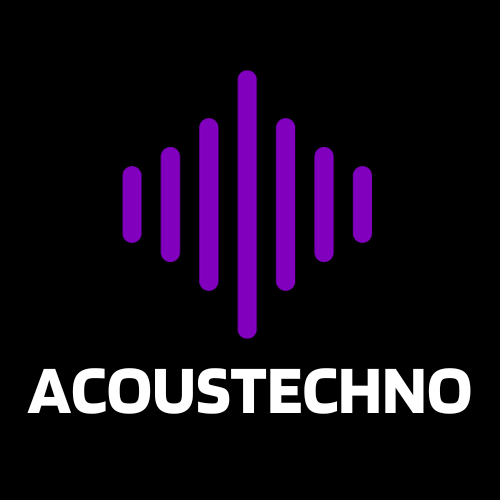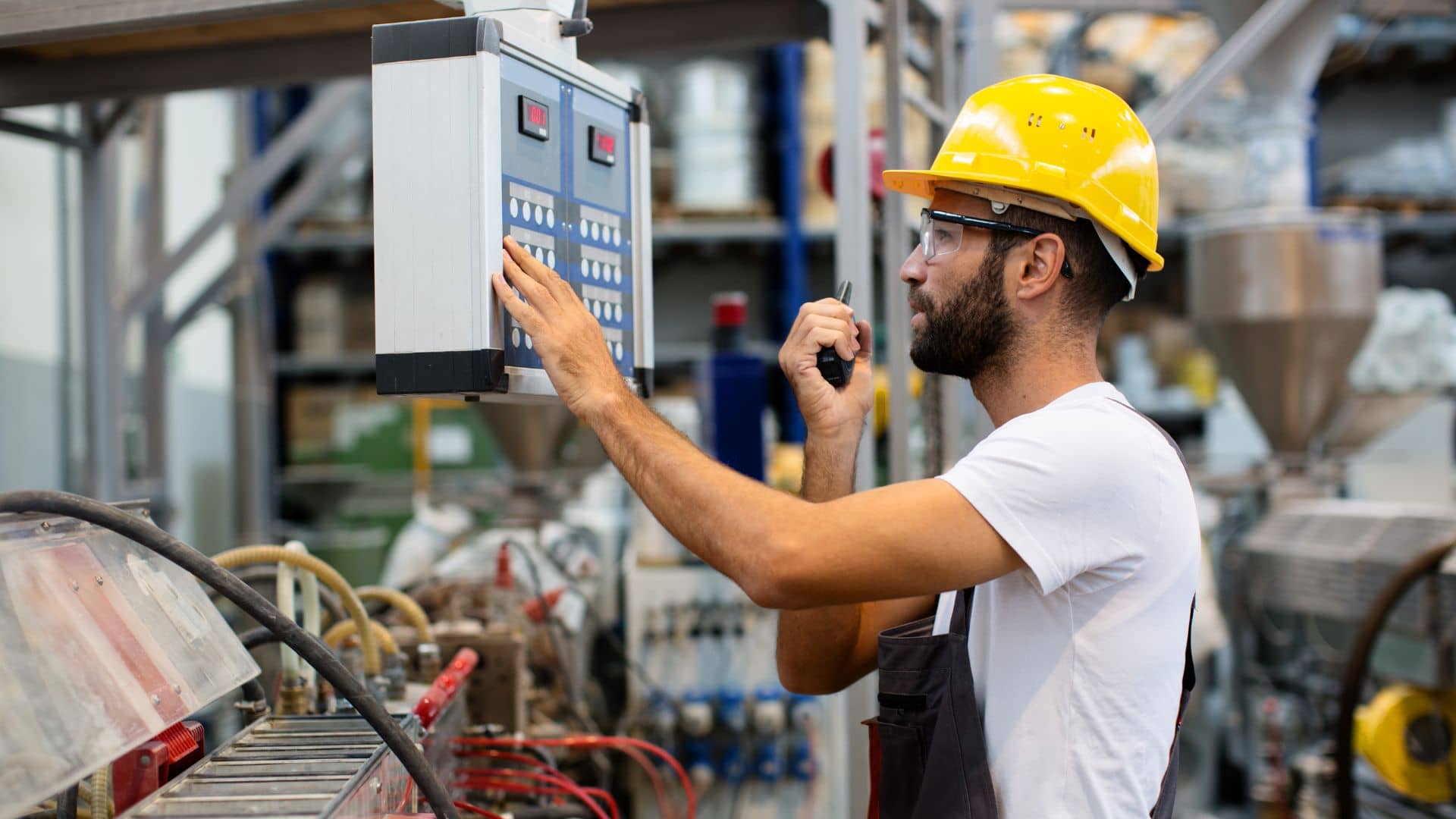In hazardous environments such as chemical plants, oil refineries, or mines, communication systems play a critical role in ensuring the safety of workers and minimizing the risk of accidents. Two types of communication systems commonly used in these environments are page party systems and intercom systems. While both systems provide a means of communication, they differ in their design, functionality, and suitability for hazardous environments.
Page party systems are designed to broadcast messages to a large group of people in a specific area, such as a plant or a building. The system consists of a central control unit that sends audio signals to a series of speakers located throughout the facility. The speakers are typically mounted on walls, ceilings, or poles and are designed to deliver high-quality audio in noisy environments.
Page party systems are ideal for emergency situations where quick communication is essential. In the event of a fire, gas leak, or other hazardous event, the system can be activated to broadcast a pre-recorded or live message to all employees in the area. The system can also be used for routine announcements or to alert workers to potential hazards, such as weather warnings or equipment failures.
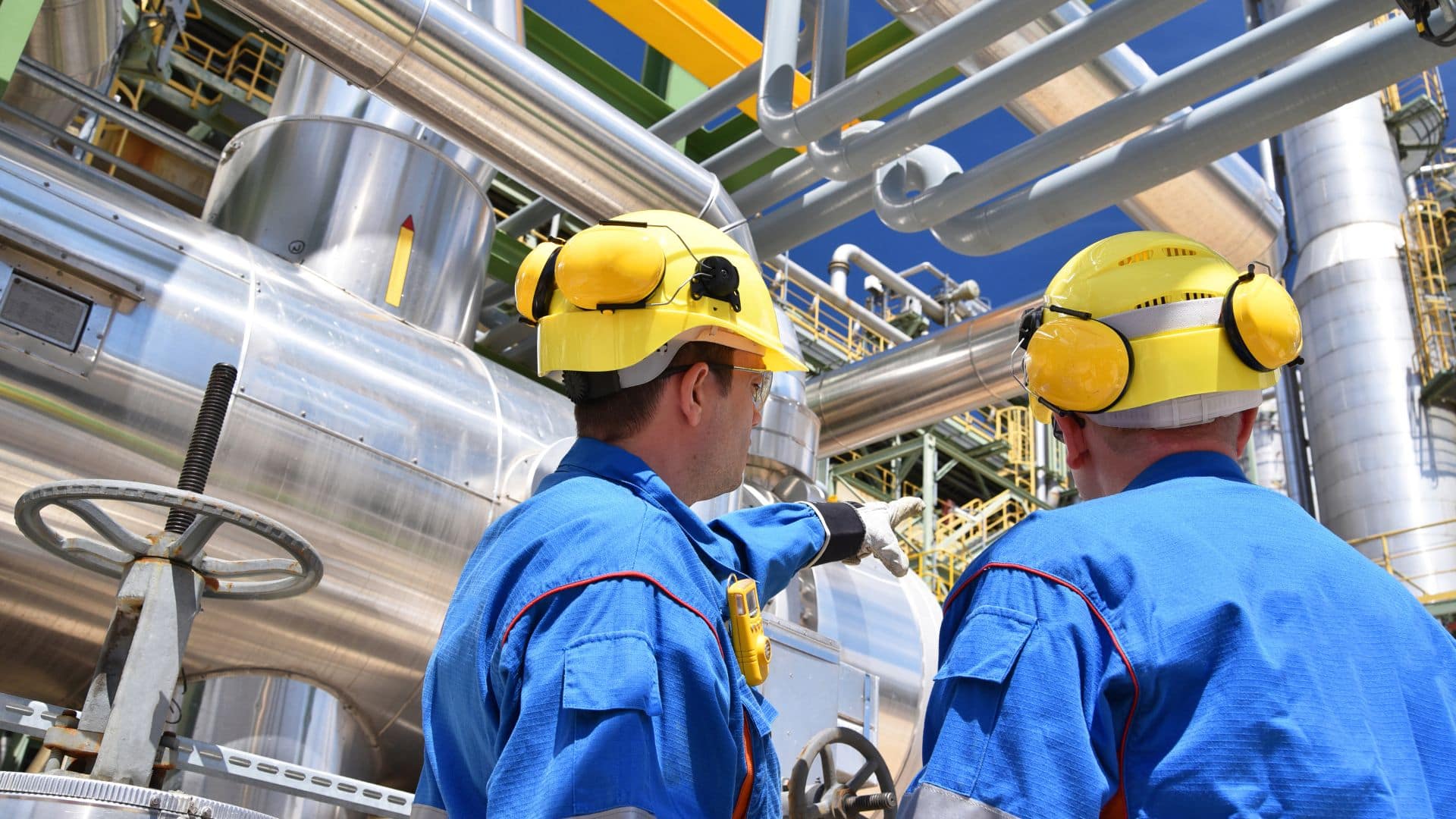
Intercom systems, on the other hand, are designed for two-way communication between individuals or groups of people. The system consists of a central control unit that connects to a network of speakers, microphones, and call stations located throughout the facility. Unlike page party systems, intercom systems allow for real-time communication between individuals, which can be crucial in emergency situations.
Intercom systems are often used in areas where workers need to communicate with each other regularly, such as in control rooms, laboratories, or processing areas. The system can also be used for remote communication between workers in different parts of the facility, such as between an operator in a control room and a technician in a remote location.
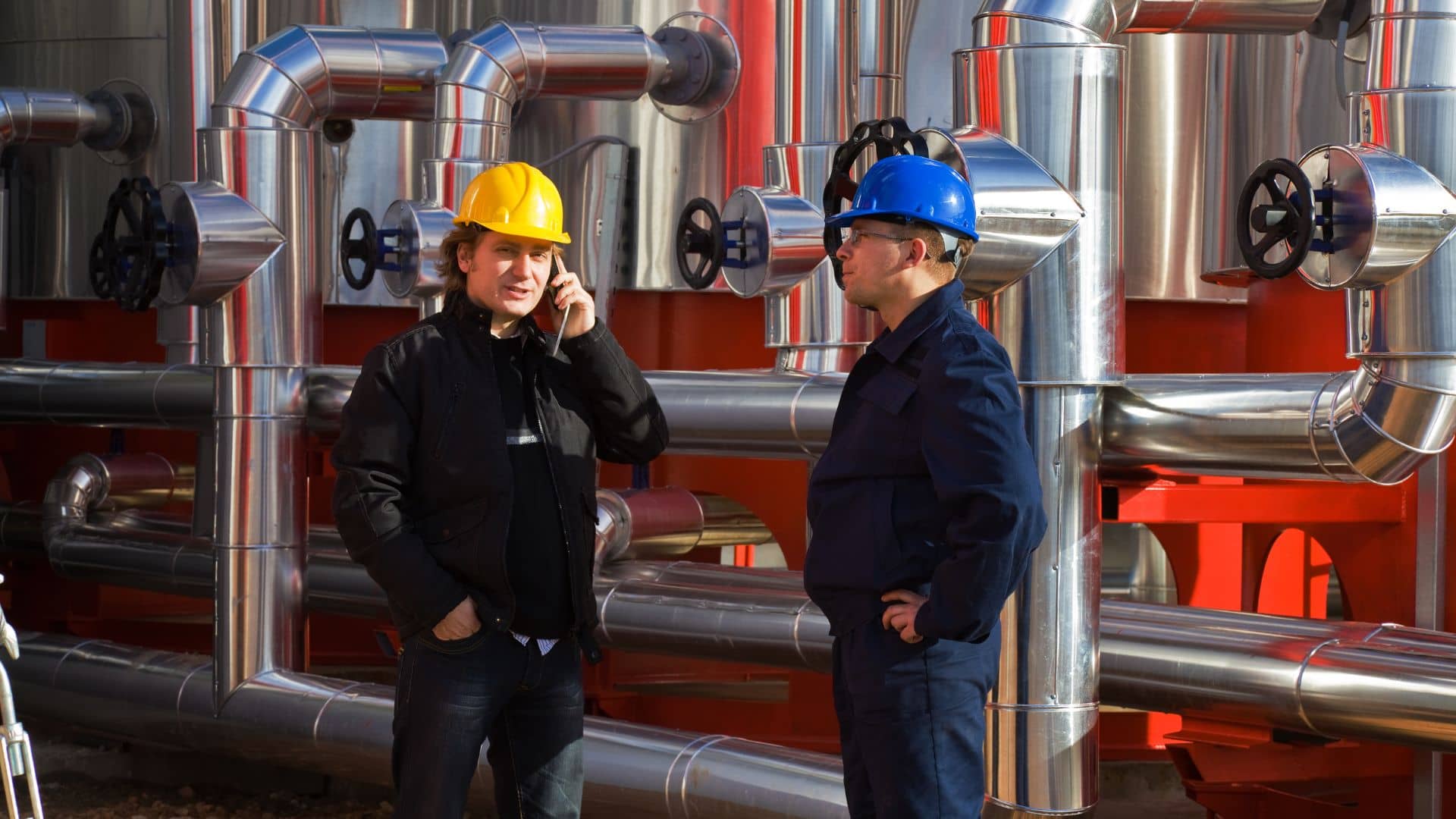
Page Party Vs. Intercom Systems
Communication Method: Page party systems are designed for one-way communication, while intercom systems allow for two-way communication.
Message Delivery: Page party systems broadcast pre-recorded or live messages to a large group of people, while intercom systems allow individuals or groups to communicate directly with each other.
Sound Quality: Page party systems are designed to deliver high-quality audio in noisy environments, while intercom systems may have lower sound quality due to their use of microphones and speakers.
Installation Procedure: Page party systems are typically easier to install and require less maintenance than intercom systems, which may require more wiring and infrastructure.
Cost: Page party systems are generally less expensive than intercom systems, especially for larger facilities.
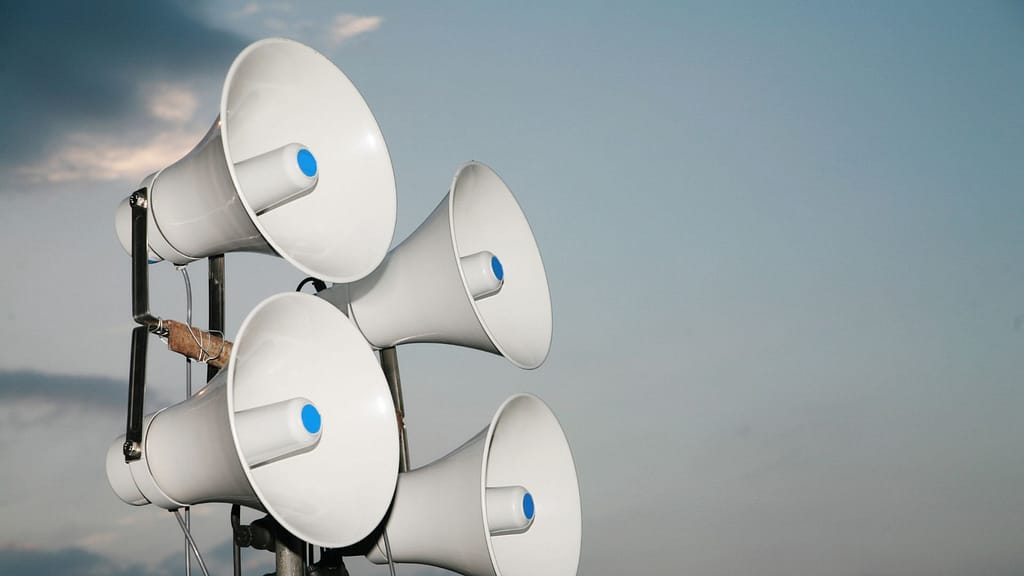
This blog on page party vs intercom systems shows how, page party systems are ideal for emergency situations where quick communication is essential, while intercom systems are better suited for routine communication between individuals or groups of people. Ultimately, the choice between the two will depend on the specific needs and requirements of the facility in question.
Acoustechno a part of Vivo Asia Engineering & Trading, is highly experienced in the installation of both page party and intercom systems for industries in harsh and hazardous environments. We can help you design, install, integrate or upgrade these systems seamlessly.
